About once a year I write some fiction. This year I completed an entire novel, The Reluctant Detective Finds Her Family, now available for the Amazon Kindle and on Amazon Unlimited. It will also be available as a paperback.
But I also like to write short stories. Here is one. Enjoy.
___
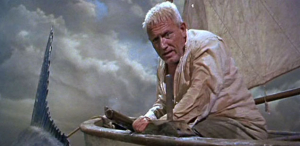
The child watching that film saw him as unimaginably old.
But time passes. Today the child is a man. Today the child is an old man. Today the child is 63.
I hear you say, 63 isn’t old. Sometimes, it’s not. When the old man is sitting behind his typewriter, when he’s imagining himself in his dreams, when he is enjoying a drink with friends, 63 is not that old at all.
When he stands up, however, it can be very old. When he looks in the mirror, after a shower, he sees Santa Claus, complete with the distending belly. It’s not a jolly sight. So, like Spencer Tracy in the movie, he does things to defy his age.
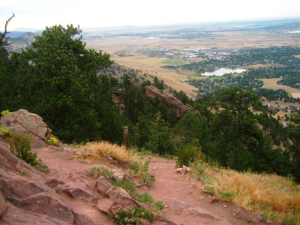
Problems began before he started. The wife had been given one route to her meetings. The rental car, outfitted with a fancy talking GPS system, had another. That route went down a road that had been closed, and the old man took that route, to his wife’s distress.
For the rest of the morning that route would be saved in the GPS, however, its voice constantly urging the old man to turn left or right to get back to his wife, backed by a display inside the steering wheel, repeating those demands in its own quiet passive-aggressive way. He didn’t like to think of his wife that way, but she could be that way, sometimes, and she wasn’t here so he let the thought settle.
The old man finally found the trailhead, but this being Saturday, so had several hundred young people, whose cars not only filled the parking lot, but the road going back a half-mile. He had to drive the rental car back to a church with on-street parking, which was rehearsing Sunday’s music, before he could step out.
It was such a beautiful summer day. The old man thought, should I wear my jacket, or not. What about water? He had taken a liter of water from his hotel room, and the jacket had a pocket that would fit it, so he decided to take the jacket. But now where was the bottle? He had heard something fall as they left the hotel, but now he looked everywhere and couldn’t find it.
OK, then, he finally decided. No water bottle, but how hard can this be? It’s supposed to take just an hour, up and down. Piece of cake.
It started OK, but then the trail got steeper and steeper. Stones had been placed on the path, some by man and some by nature. The trail becomes a stream when it rains but the old man concentrated hard and kept plunging upward, step by painful step.
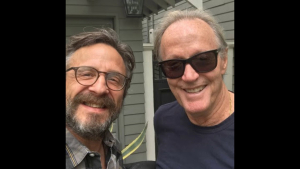
The old man imagined all these horrors as he walked. He felt bad for Peter Fonda. Fonda said that, after shooting himself, he was dead several times, but came back to life on the operating table. The old man was glad for this and stopped to rest a minute.
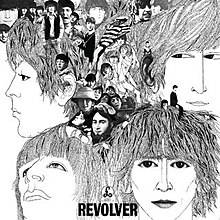
The old man had stopped several times by now, but he stopped again, and sat down on a rock. He’d forgotten he was now nearly 7,000 feet high, and that he was wearing sneakers instead of hiking boots.
As Fonda finished his story, he saw two people coming down from higher up the mountain, accompanied by their dog. The man looks to be my age, the old man thought, the woman not much younger. The dog was friendly and eager. He ran in front of his people right to the old man, demanding to be petted. Oh, the old man thought, you came down this path to see me? I’ll go where you went. The two hikers, both wearing boots, waved their walking sticks as they went by, and the dog followed them. They did this hike all the time.
The old man had no walking stick. The old man had no boots. But, they do this walk all the time, the old man thought. How hard can it be?
It turned out that their path wasn’t a path. It was rocks and sand and steep. Peter Fonda finished talking. He’s 78 now, he’s happy, but his friends are dying, and he knows he’s not immortal, he concluded. The old man turned off the interview, sat down on another rock, and suddenly realized he couldn’t get down off the mountain.
His breath began coming faster and faster. The jacket was heavy now, and he was sweating profusely, getting thirstier by the moment. He was 6 feet tall, and the next step down was two feet further than that, just some sand and gravel tilted down at a 45-degree angle. It suddenly occurred to the old man that he was alone, and he might die up here, alone on this mountain, just 2 miles from downtown Boulder.
So, very slowly, like a child or an accident victim, he literally crept down the way he’d just come, hands and feet looking for purchase, stopping at every rock. His pants were scuffed, his hands were scuffed, he couldn’t see through his glasses for the sweat, but mostly he was embarrassed. The day had turned hot, he was wearing a winter jacket, and he had no water.
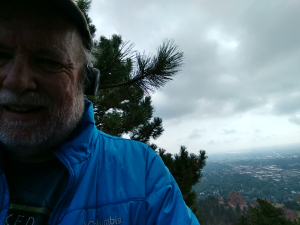
The way down was harder than the way up. It was hard on the knees, hard on the feet. The old man’s back and his hip joined his feet and his knees and his calves in a chorus of pain. He warned the kids coming up that it was harder getting down than it was going up, but they paid the old man no mind. They laughed as they trotted past.
Gradually the path flattened a bit. Then it flattened a bit more, and finally a bit more. The old man saw the road he’d walked in on. He was six ways past exhausted and thirsty. The half-mile walk back to the car was the longest of his life.
But he made it. He would tell the tale. He had survived his trial.
After a shower and a rest, the old man decided to go out for lunch. That’s when he found the water bottle. It had wedged itself under the front driver’s seat, in front of the back-seat mat. The top of it was now peeking up toward the light, laughing at him.
Old man one, mountain zero, the old man thought. But it was a close-run thing. Next time it would be closer, and the next time closer still. Until the mountain, like the sea, finally won. Spencer Tracy is dead. So is Hemingway.
But for now, the old man thought, I’m alive. Peter Fonda is alive. That was the lesson he decided to take out of Boulder. It was a lesson of self-delusion, Peter Fonda’s lesson rather than Hemingway’s, but for now it was the right lesson, and the only way to think about it.









